At long last, after years of hunting, I have finally run to earth a seriously good Tavel rosé. Well actually almost any Tavel!
Never heard of it? Well that’s hardly surprising as Tavel is a small village in the southern Rhône, between Orange and Avignon, which produces only its eponymous Rosé.
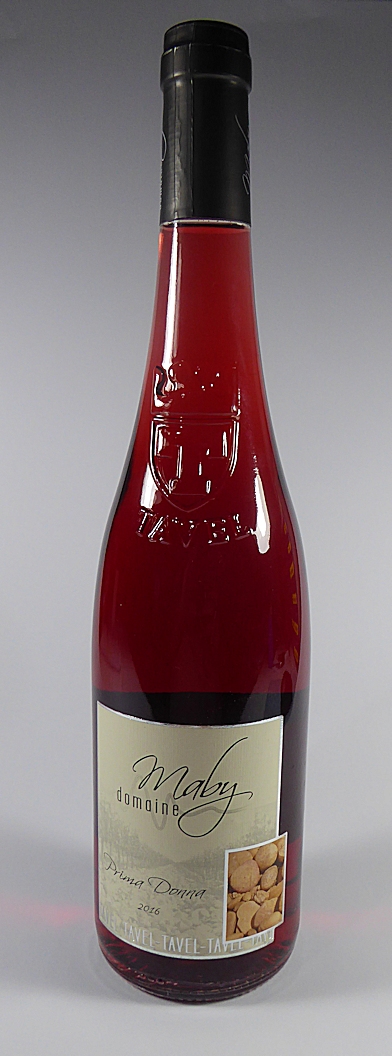 I blame my father. He discovered this wine in the mid-60s when he worked near the then Peter Dominic’s main wine vault in Orange Street, just south of London’s Leicester Square. I don’t remember a lot about the wine we had in those days, but my father had obviously started to appreciate good wine as things picked up and the country had recovered after the war – and I guess as he started feeling more financially secure.
I blame my father. He discovered this wine in the mid-60s when he worked near the then Peter Dominic’s main wine vault in Orange Street, just south of London’s Leicester Square. I don’t remember a lot about the wine we had in those days, but my father had obviously started to appreciate good wine as things picked up and the country had recovered after the war – and I guess as he started feeling more financially secure.
How or why he came to try Tavel is a mystery, but he appreciated it as it is a very dry rosé, unlike the sugar water which often seems to masquerade as Anjou Rosé. It was never cheap, so we enjoyed it only occasionally, until the day came when it was unobtainable as Dominic’s gradually died and was taken over.
We did, subsequently, find Tavel stocked by Balls Bros (famous for their City wine bars) who had an outlet opposite Noreen’s work. And Noreen and I had their Tavel at our wedding, although looking back that Tavel was something of a disappointment. Once Balls Bros retrenched it has been about as scarce as hen’s teeth.
That was until last week when, quite serendipitously, I happened across The Wine Society. And lo and behold they stock a Tavel. I also found a small handful of other very up-market wine shops who stock it, but they sounded equivocal and were considerably more expensive.
I’ve always been suspicious of The Wine Society, but this looked like a deal too good to miss. Yes you have to join, but that is a one off £40 (yes, for life!), with a £20 discount off your first order. They’re a large organisation, who aim not to make major profits but plough the savings back into their prices. So their wine is mostly a couple of quid a bottle less than the same wine at somewhere like Majestic. The Wine Society’s Tavel (shown right) was a sensible price, and described as
An outstanding example of Tavel, the Rhône appellation that produces only rosé wine. Of a deep pink hue, this is round and richly flavoured, brimming with fruit and touches of spicy complexity.
…
Domaine Maby is found in the heart of the village of Tavel in the southern Rhône. There are some 60 hectares covering Tavel, Lirac and Côtes-du Rhône, with excellent wines produced in all three colours. The Tavel and Lirac vineyards have the same round pebbles (galets roulés) as are found in Châteauneuf-du-Pape. These are precious for the region’s winemakers as they conserve heat accumulated during the day and then restore it slowly to the soil during the night which helps the grapes attain even better ripeness.
…
The individuality of the famous Tavel rosés lies in their great structure and fruitiness, aptly displayed here at Maby, where the style is even chunkier … anyone tasting [Maby] rosés blindfolded would be hard pressed to know whether the wine was pink or red … “Prima Donna”, made from older vines, is a little fuller and more complex than the standard bottling.
Well that sold me on it. I ventured forth, credit card in hand, and took the plunge, ordering a case, knowing that at worse we’d have drinkable plonk.
It arrived today. So we had to try it this evening. I said it would either be very disappointing or really knock one’s socks off. And wow it did the latter alright! It is a gorgeous ruby red, a very dark rosé, almost a pale red. It’s strong, at 14.5%. Lightly chilled it is a full-bodied rosé, very dry, with some amazing flavours of strawberries and raspberries. We were eating pork and venison sausages, and it stood up to the strong meat really well – this is not a feeble rosé which is going to be in awe of good meat. But it isn’t so robust that one couldn’t happily sit on a sunny balcony quaffing it all evening as the sun sinks in the west.
It slipped down so well. We debated drinking a second bottle, but sadly we decided to be good.
Yes, it is seriously good. Tavel is called the “King of the Rosés” with good reason.

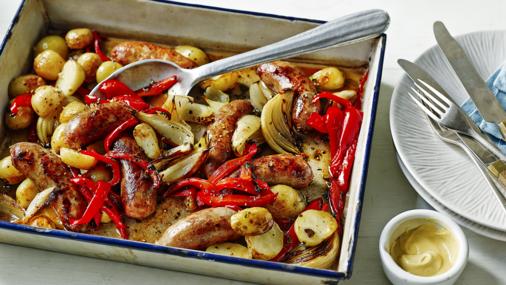

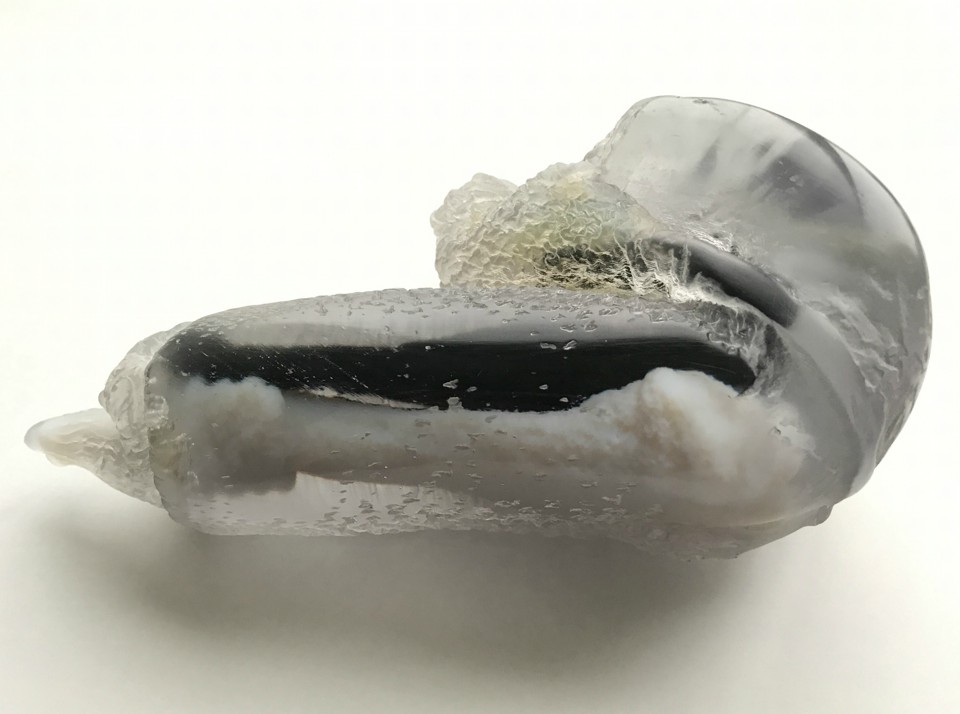
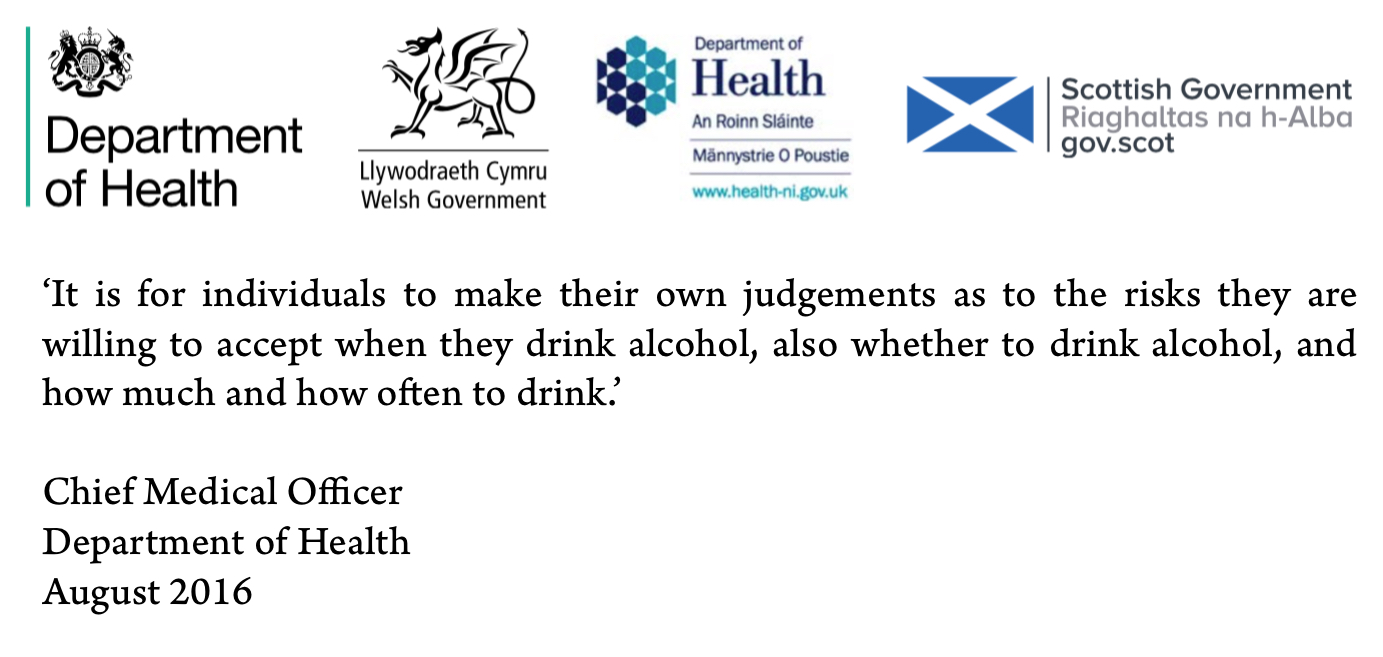

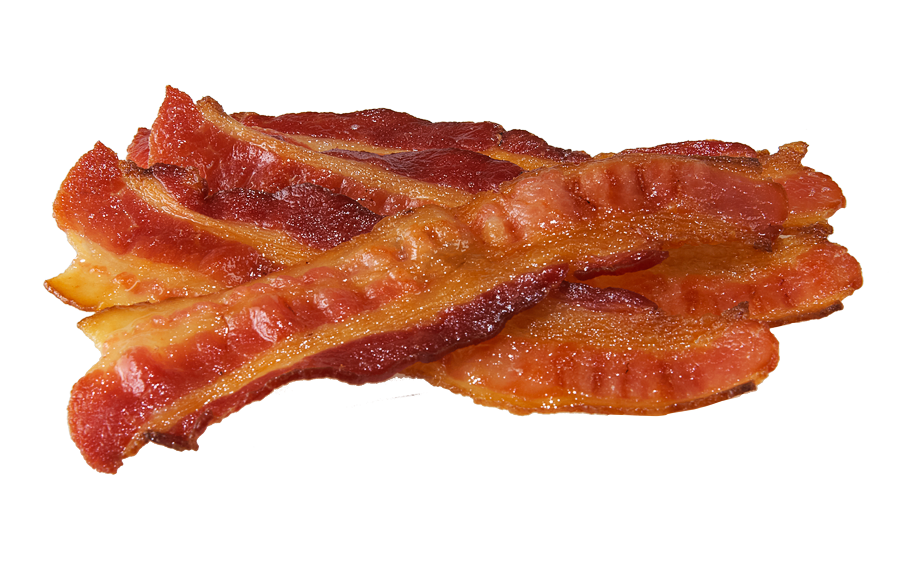
 At which point it seems appropriate to ask
At which point it seems appropriate to ask 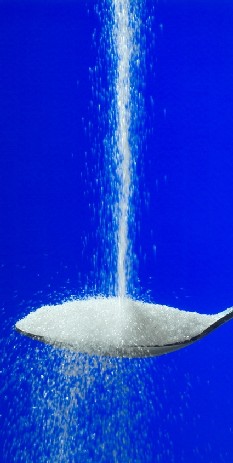 As one might expect, Christopher Snowdon (he who has taken the new alcohol guidelines apart) writing over on
As one might expect, Christopher Snowdon (he who has taken the new alcohol guidelines apart) writing over on